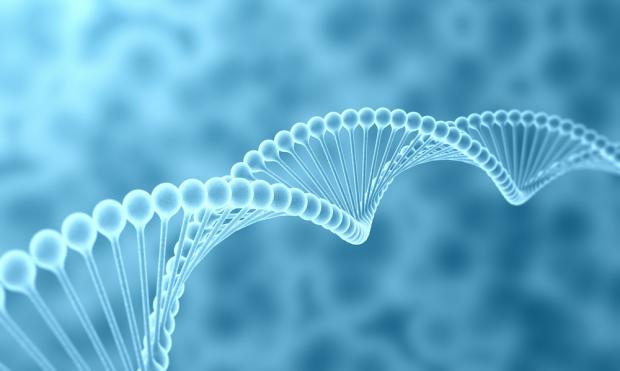
Breaking News
 I had to double check this guy (because I don't believe anyone) and it turns out...
I had to double check this guy (because I don't believe anyone) and it turns out...
 The Economic Truth Special Report 1: The Financial Stability Board Rise of a Global Regulator
The Economic Truth Special Report 1: The Financial Stability Board Rise of a Global Regulator
 Forecast on how Mark Carney will transform Canada
Forecast on how Mark Carney will transform Canada
 Wall Street's Secrets Splashed Across the Latest Epstein Files Release.
Wall Street's Secrets Splashed Across the Latest Epstein Files Release.
Top Tech News
 How underwater 3D printing could soon transform maritime construction
How underwater 3D printing could soon transform maritime construction
 Smart soldering iron packs a camera to show you what you're doing
Smart soldering iron packs a camera to show you what you're doing
 Look, no hands: Flying umbrella follows user through the rain
Look, no hands: Flying umbrella follows user through the rain
 Critical Linux Warning: 800,000 Devices Are EXPOSED
Critical Linux Warning: 800,000 Devices Are EXPOSED
 'Brave New World': IVF Company's Eugenics Tool Lets Couples Pick 'Best' Baby, Di
'Brave New World': IVF Company's Eugenics Tool Lets Couples Pick 'Best' Baby, Di
 The smartphone just fired a warning shot at the camera industry.
The smartphone just fired a warning shot at the camera industry.
 A revolutionary breakthrough in dental science is changing how we fight tooth decay
A revolutionary breakthrough in dental science is changing how we fight tooth decay
 Docan Energy "Panda": 32kWh for $2,530!
Docan Energy "Panda": 32kWh for $2,530!
 Rugged phone with multi-day battery life doubles as a 1080p projector
Rugged phone with multi-day battery life doubles as a 1080p projector
 4 Sisters Invent Electric Tractor with Mom and Dad and it's Selling in 5 Countries
4 Sisters Invent Electric Tractor with Mom and Dad and it's Selling in 5 Countries
Geneticists announce plans to create an artificial human genome

Their proposal, which was outlined Thursday in the journal Science, involves developing their own lab-made version of the entire human genetic code with the hope that their efforts may one day lead to important medical breakthroughs, according to NPR and the New York Times.
Dubbed the Human Genome Project–Write (HGP-Write) project, the goal is to synthesize the complete genome using its chemical components, and make it possible for them to function in actual human cells. Doing so will be no small task, as published reports have indicated that at least $100 million will initially need to be raised to pursue the task of creating the three billion base pairs of DNA required for a human cell to survive and function properly.
"We just had a revolution in our ability to read genomes, [and] the same thing is happening now with writing genomes," Church told NPR. "We have the ability to synthesize bacterial genomes and we can synthesize parts of human genomes. We would like to be able to scale that up so we can make larger and larger collections of genomes."



